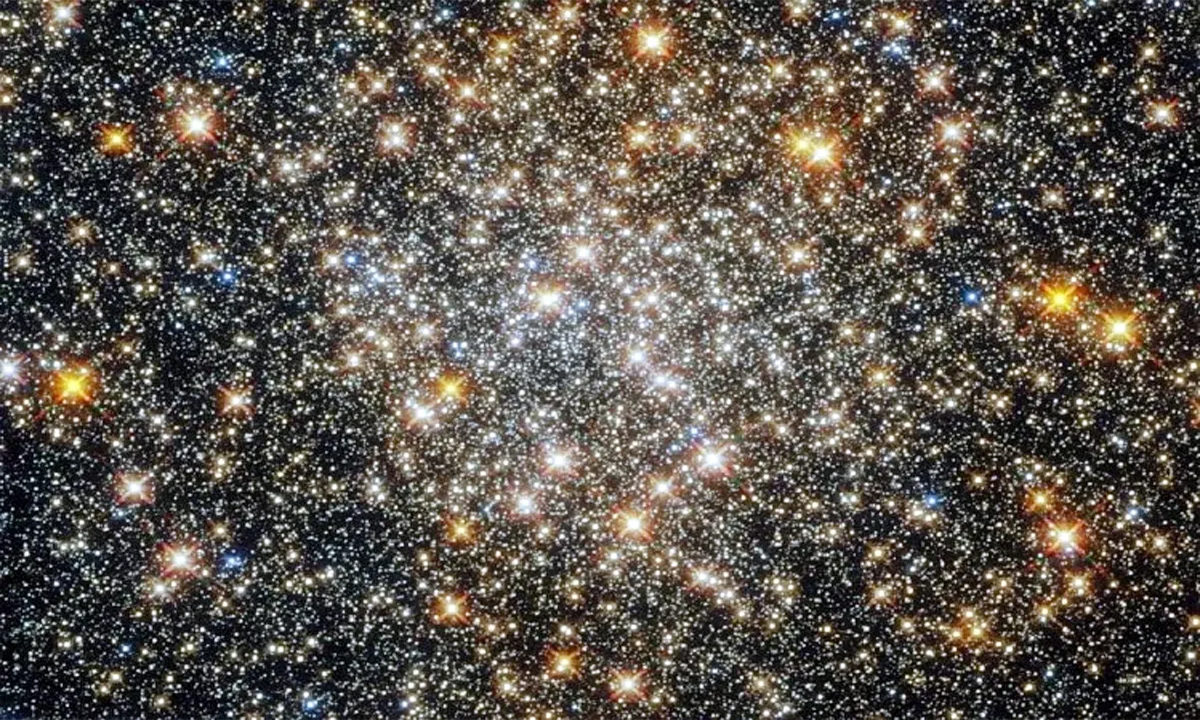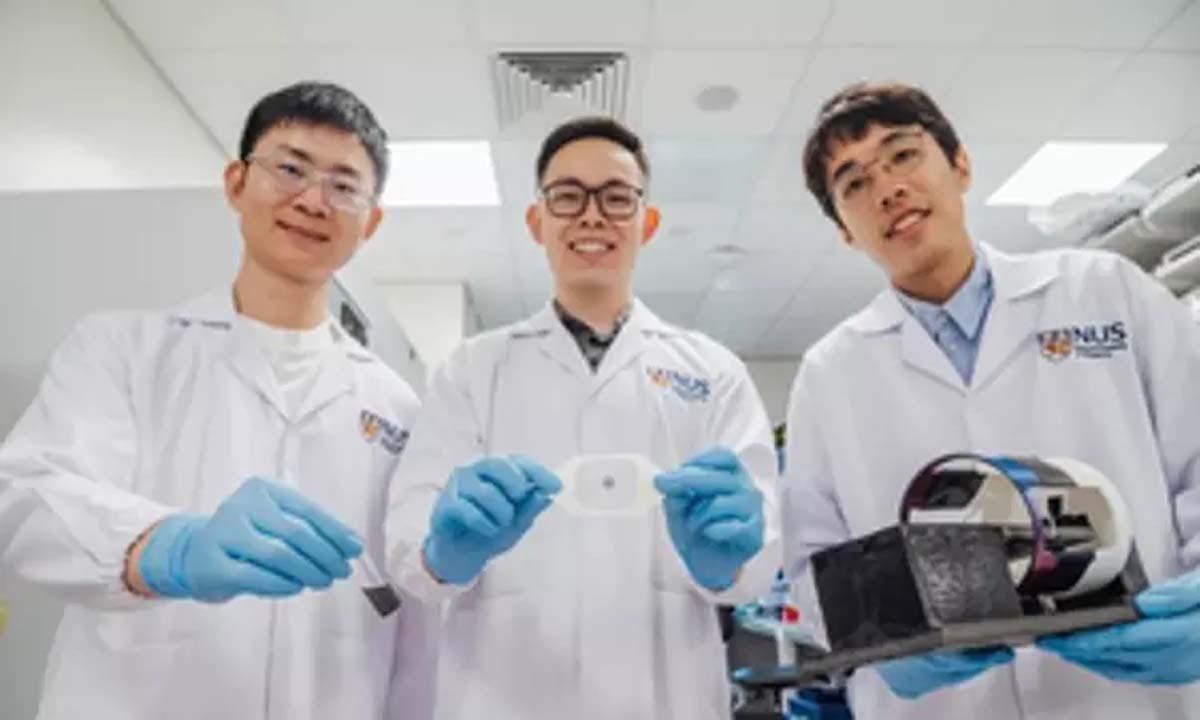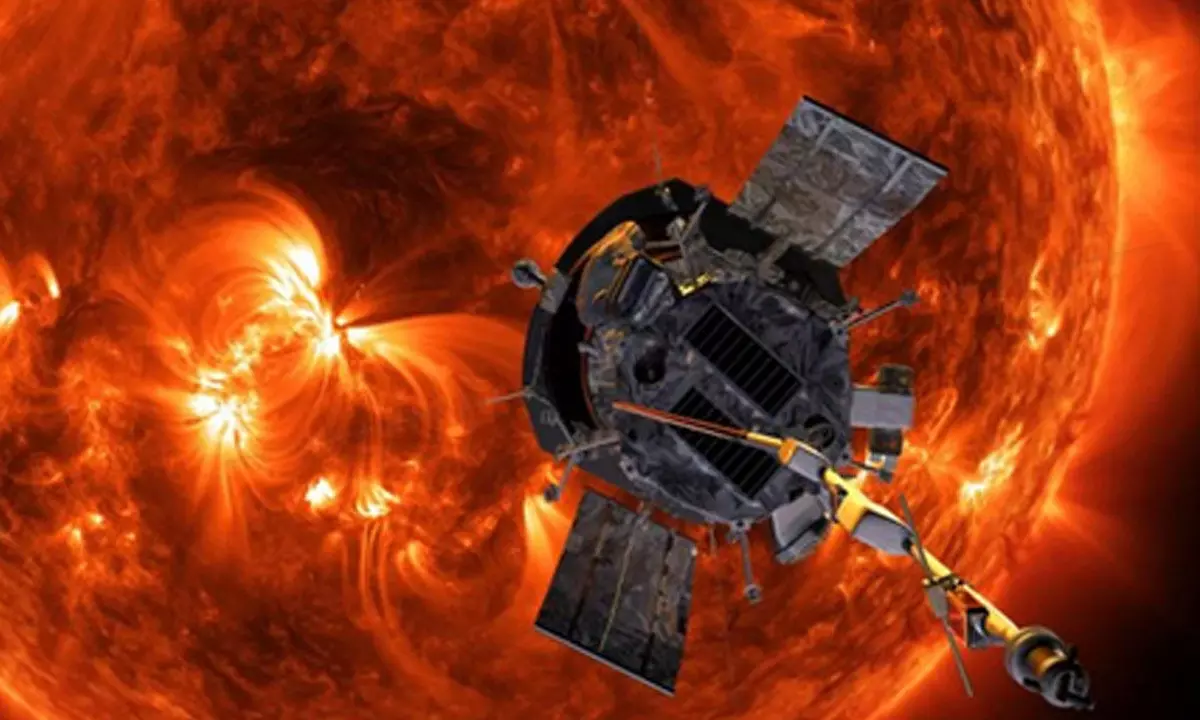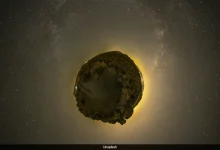NASA’s Curiosity Rover Captures Stunning Timelapse Video Of A Day On Mars

NASA’s Mars Curiosity rover recently captured stunning footage of a 12-hour ‘Martian day’ from dawn to dusk. According to NASA, the rover captured its own shadow shifting across the surface of Mars using its black-and-white Hazard-Avoidance Cameras, or Hazcams and recorded the videos on November 8, the 4,002nd Martian day, or sol, of the mission. Notably, a sol is a little longer than Earth’s day of 24 hours
”While stationary for two weeks during Mars solar conjunction in November 2023, NASA’s Curiosity rover used its front and rear black-and-white Hazcams to capture 12 hours of a Martian day. The rover’s shadow is visible on the surface in these images taken by the front Hazcam,” the clip was captioned on YouTube.
The video, titled ”Curiosity 12-hour View of Mars”, shows a time-lapse of a Martian day. The time-lapse videos consist of 12 hours worth of snapshots collected over the 24 hours, 37 minutes, and 22-second Martian day between 5:30 a.m. to 5:30 p.m. When the images came down to Earth after conjunction, the scientists put together the pair of 25-frame videos to capture the passage of time. The videos show Curiosity’s silhouette shifting as the day moves from morning to afternoon to evening.
The official account of Curiosity Rover also shared the video and wrote, ”Hey look – I’m a sundial! Ok, not exactly, but I did get a sol to enjoy my surroundings. During solar conjunction, I used my hazard cameras to study the Martian weather and dust. As this Earth year comes to an end, I hope you’ll take the time to soak in what’s around you.”
Instructions to record the videos were part of the last set of commands beamed up to Curiosity just before the start of Mars’ solar conjunction, a period when the Sun is between Earth and Mars.
The rover, which landed on Mars in 2012, used the Hazcams because its other activities were intentionally scaled back just before conjunction. Curiosity was built by NASA’s Jet Propulsion Laboratory, which is managed by Caltech in Pasadena, California











